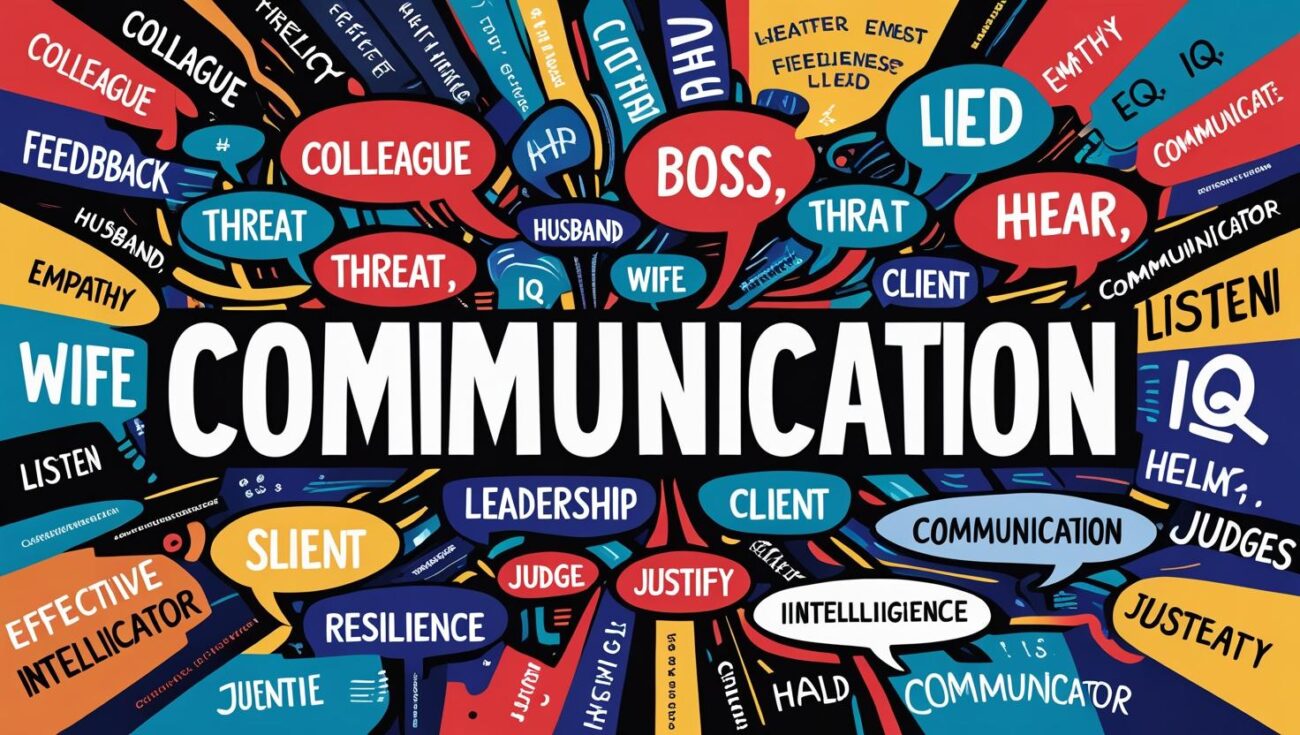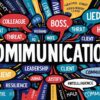Not long ago, during a discovery call an HR manager told me:
“Our employees communicate well. There isn’t really a problem with communication, but they struggle to give feedback effectively, they can’t manage conversations without conflict with other teams and their management style often frustrates their team members.”
This struck me as familiar.
As a learning specialist with over 20 years in the industry, I hear this often from HR and business leaders. They use terms like strategy building, leadership acceleration, evolving growth mindsets—yet, at the heart of all these needs lies a single core skill: communication.
The challenge is that communication is an umbrella term. To build effective leaders, high-performing teams, and resilient organizations, we must break it down—diagnose the gaps, and build practical solutions.
When Words Hurt More Than Silence
Recently, I heard some devastating news through a relative: his colleague, a senior leader in the banking industry, died by suicide. The reason? He was repeatedly ridiculed and spoken down to by his senior management on public forums and company calls.
It was heartbreaking to realize how deeply words can harm. Communication, that is used to enable collaboration and growth, can just as easily become a weapon that erodes confidence and kills morale.
The Changing Landscape of Communication
In the business environment of today, titles, experience, or authority no longer guarantee effective communication. If anything, they demand re-skilling.
-
Feedback must be delivered with empathy.
-
Ideas must be communicated in a way that inspires action.
-
Digital communication through portals, chats, or video calls requires clarity and tone sensitivity.
-
Client conversations must balance professionalism with authenticity.
And here’s the reality: Generational differences, cultural nuances, and personal resilience all shape how messages land.
Why Conflict Escalates
Humans are naturally adaptive, but we’ve become less resilient to feedback, correction, and criticism. When poorly delivered, communication triggers conflict—sometimes between people, often within people.
Over the years, I’ve observed a simple truth: it’s not the message itself but how it is sent and who sends it that determines its impact.
This is why communication is not about mastering a language. It’s about mastering the transmission of language—the intent, tone, and delivery that shape how words are received.
Every day offers us a chance to communicate better. From how we speak to our children, colleagues, househelp, or even the security guard at our office—communication is constant. Yet most of us fall into the trap of listening to respond rather than listening to understand. True communication is not just about hearing words but about catching what’s not being said.
I include at least one module on communication in every training I deliver—it is the single most essential skill that underpins leadership, teamwork, and personal growth.
Pause and reflect:
Where do you need to improve in your listening and communication skills?
Communication isn’t a one-time skill you master—it’s a lifelong practice. The question is, are you willing to work on it today?







